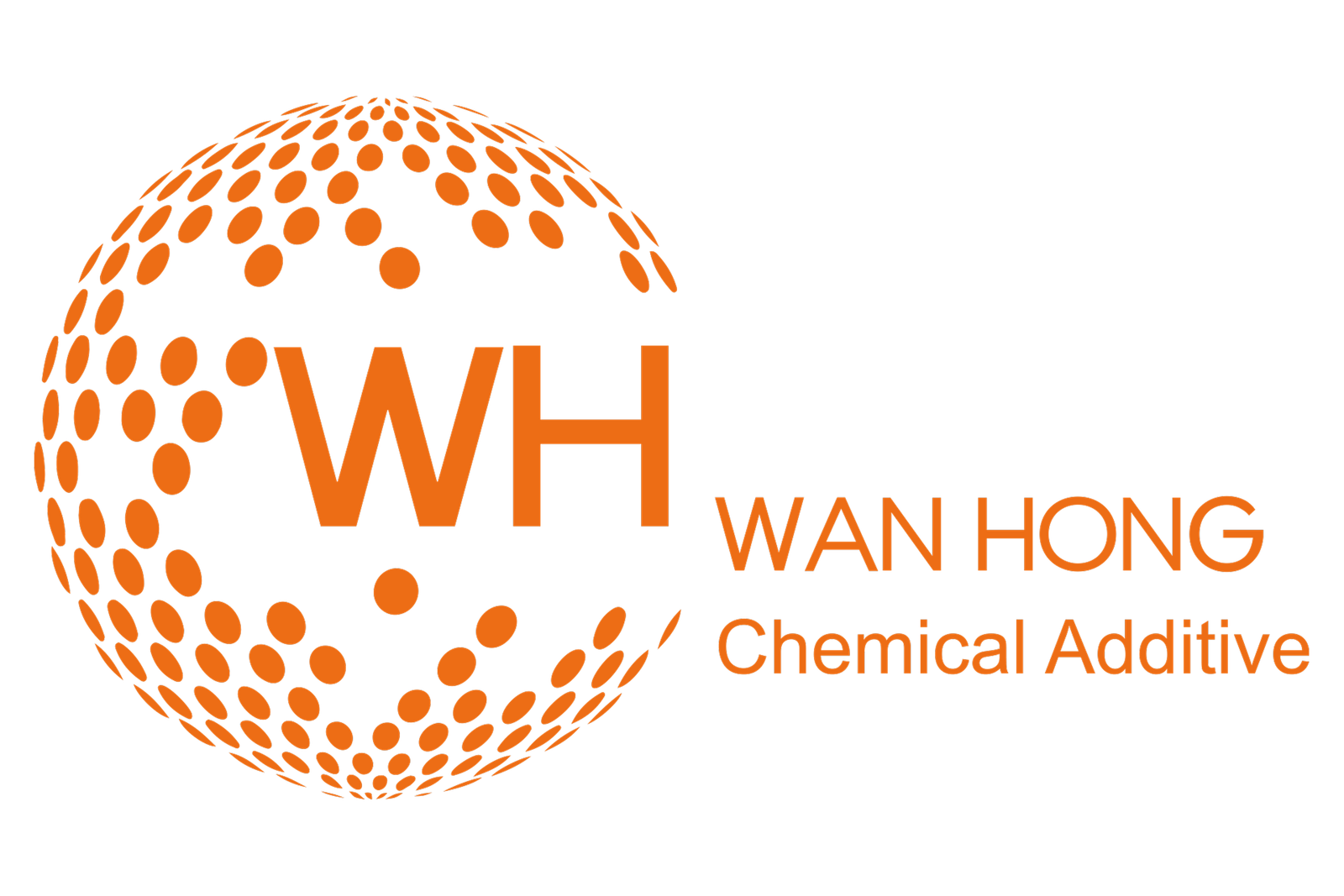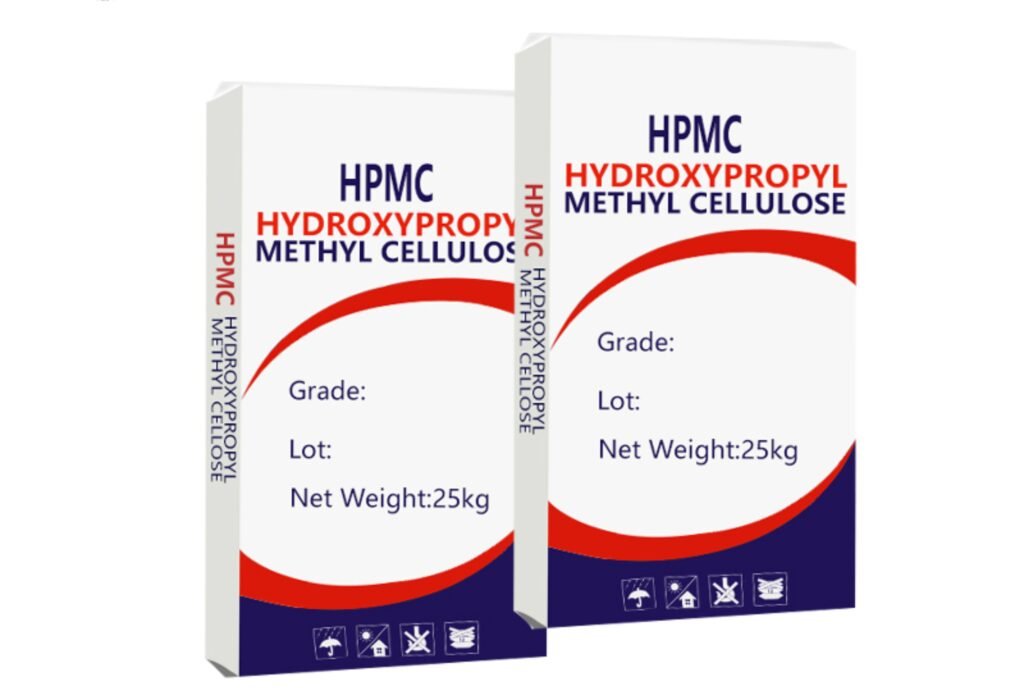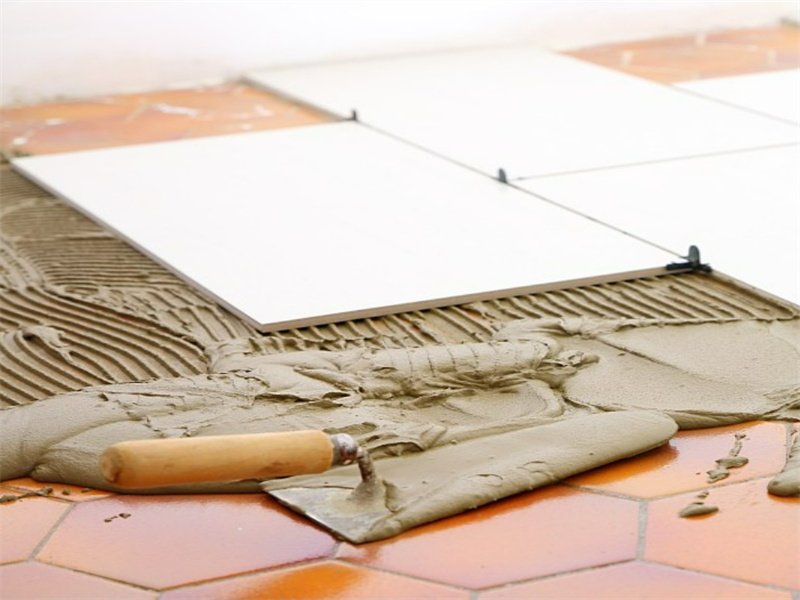
Tile Adhesives
Hydroxypropyl Methyl Cellulose (HPMC) is an important additive in tile adhesive formulations. At WHHPMC, we produce high-quality HPMC that enhances the performance of tile adhesives, ensuring superior bond strength and ease of use. Our HPMC can be customized to meet specific needs, making it ideal for a variety of construction applications.
Advantages of incorporating cellulose into Tile Adhesives
Extended Open Time:
Better Durability: Enhances the mechanical properties of the tile adhesive, providing better resistance to water, temperature changes and external impacts. Performs in extreme temperatures.
Improved workability:
Adding HPMC creates a smoother, more manageable adhesive mixture that is easy to apply and spread, dramatically improving work efficiency and saving labor costs.
Enhanced Bonding:
Enhanced Bonding: HPMC improves the bonding properties of tile adhesives, providing a stronger, longer lasting bond between tile and substrate. Increased product life.
Better Durability:
Better Durability: Enhances the mechanical properties of the tile adhesive, providing better resistance to water, temperature changes and external impacts. Performs in extreme temperatures.
Sag Resistance
HPMC is an effective thickener that prevents adhesives from sagging or slumping when applied to vertical surfaces. This is critical to maintaining uniform thickness and preventing the material from slipping before it sets.
Superior water retention:
Superior water retention: Ensures excellent water retention, extends the working time of the tile adhesive and enhances cement hydration, maximizing the effect of the cement while maintaining it.
Easy to mix:
Easily dispersed in water to help mix faster and more efficiently with other components of the tile adhesive. Prevents layering of raw materials.
Environmentally friendly production: It is produced with environmentally friendly raw materials and processes, and does not contain harmful substances, which is safe for both users and the environment.
Detection of HPMC-added tile adhesives
One of the most important criteria for testing tile adhesives is – the degree of slip.
Testing the bond strength of tile bonding
Test the open time of the tile adhesive, which is usually 20 minutes to be able to effectively stick tiles repeatedly.
Tests the ability of an adhesive, once cured, to withstand external pressure without breaking.
Please contact us for more details.
Why Choose WHHPMC
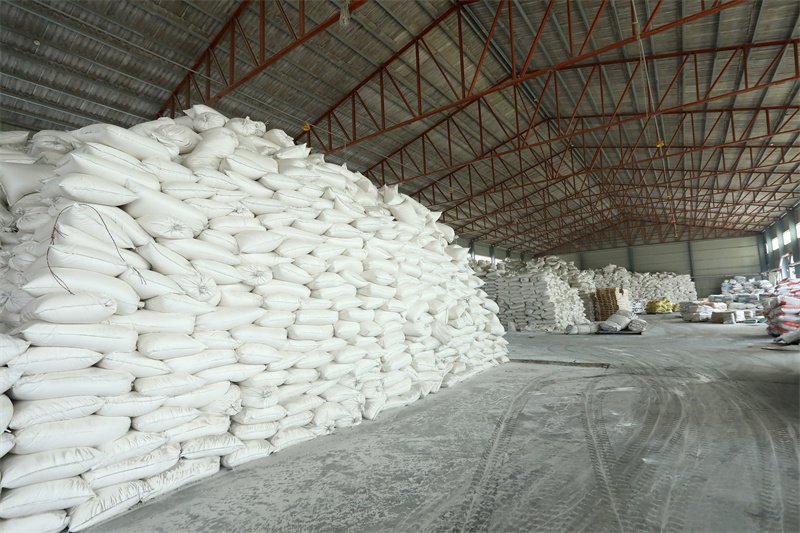
Factory-Direct Supply
We have factories and multiple production lines in China to ensure a stable and reliable supply of high quality HPMC.
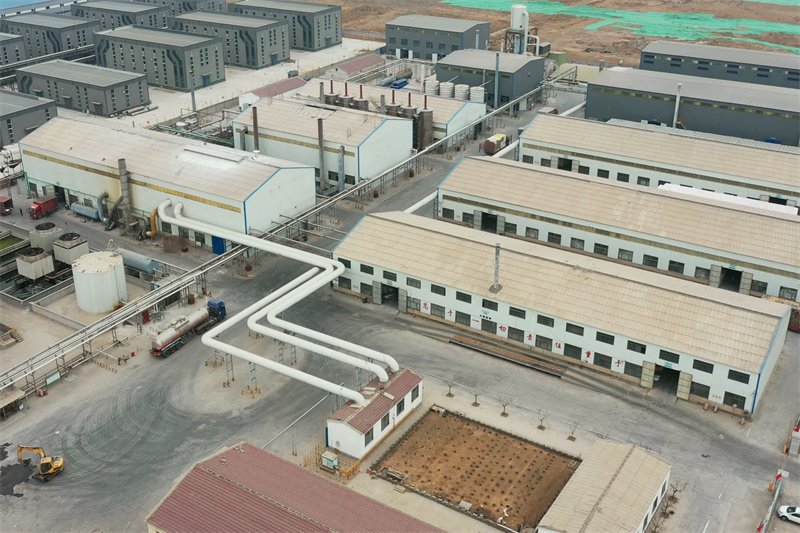
B2B Wholesale
We specialize in B2B and wholesale, offering competitive pricing and high volume availability to corporate buyers.
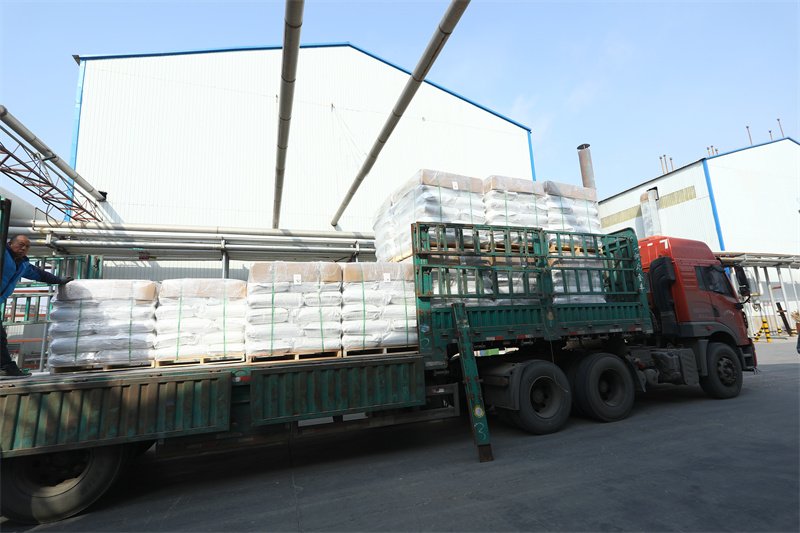
Global Reach
We export mainly to Russia, the Middle East, Southeast Asia, Central Asia, and Africa, offering customized solutions for diverse market needs.
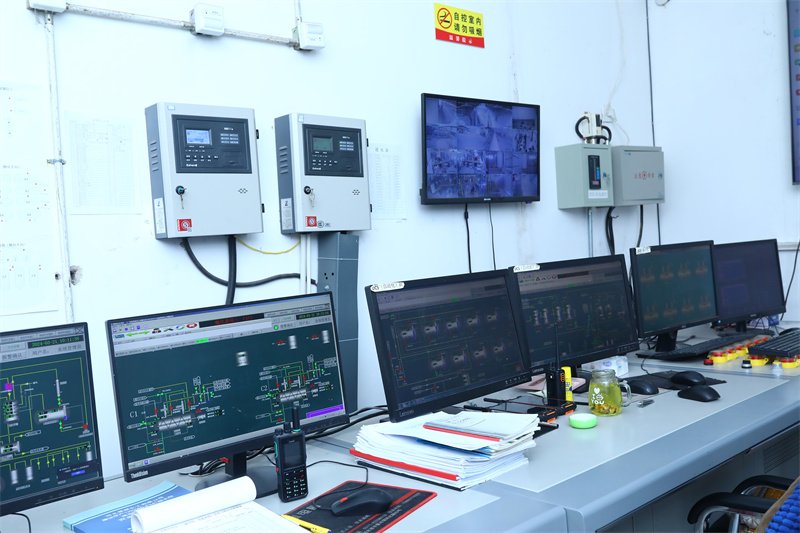
Expertise
With years of experience in the industry, we understand the technical requirements and market demands, providing products that exceed expectations.
Frequently Asked Questions by Customers
Hydroxypropyl Methylcellulose (HPMC) is a crucial additive in tile adhesives that enhances their overall performance. It improves adhesion by ensuring a uniform and robust bond between the tile and substrate. HPMC also increases water retention, preventing premature drying and ensuring proper curing of the adhesive, which is essential for achieving a strong and durable tiled surface.
HPMC significantly improves the workability of tile adhesives by providing a smooth and consistent texture, making the adhesive easier to mix, apply, and spread. This leads to a more efficient installation process, allowing for precise tile placement and reducing the effort required by installers. Additionally, HPMC extends the open time, offering more flexibility for adjustments and corrections during the installation.
HPMC enhances the curing process by maintaining optimal moisture levels within the adhesive. This controlled water retention prevents the adhesive from drying too quickly, ensuring a gradual and thorough curing process. This is vital for achieving maximum bond strength and durability, as rapid drying can lead to weak bonds and potential tile failure.
Yes, HPMC is safe for use in tile adhesives. It is a non-toxic, environmentally friendly additive that does not emit harmful substances. WHHPMC produces HPMC using eco-friendly processes, ensuring it is safe for both users and the environment.
Yes, HPMC can be tailored to meet specific requirements of different tile adhesive formulations. WHHPMC offers a range of HPMC grades with varying viscosities and properties, allowing for customization based on the specific needs of the application. This ensures that the tile adhesive performs optimally, whether it is for residential, commercial, or industrial use.
HPMC is an eco-friendly additive produced from renewable natural cellulose. Its use in tile adhesives promotes sustainability by reducing the need for harmful chemicals. HPMC is biodegradable, non-toxic, and free from volatile organic compounds (VOCs), making it a safer choice for both the environment and installers. WHHPMC adheres to environmentally friendly production processes, further supporting sustainable practices.
HPMC is suitable for use in a wide range of tile adhesives, including those for ceramic, porcelain, and natural stone tiles. It is particularly effective in cement-based and polymer-modified adhesives, where it enhances the key properties needed for reliable tile installation. WHHPMC provides HPMC solutions that cater to various adhesive formulations, ensuring compatibility and optimal performance.
Explore More Products
Request an Instant Quote for Your Projects!
If you have specific questions about tile adhesive additives.
Our industry experts are here to help, and we’re happy to answer any questions you may have.
